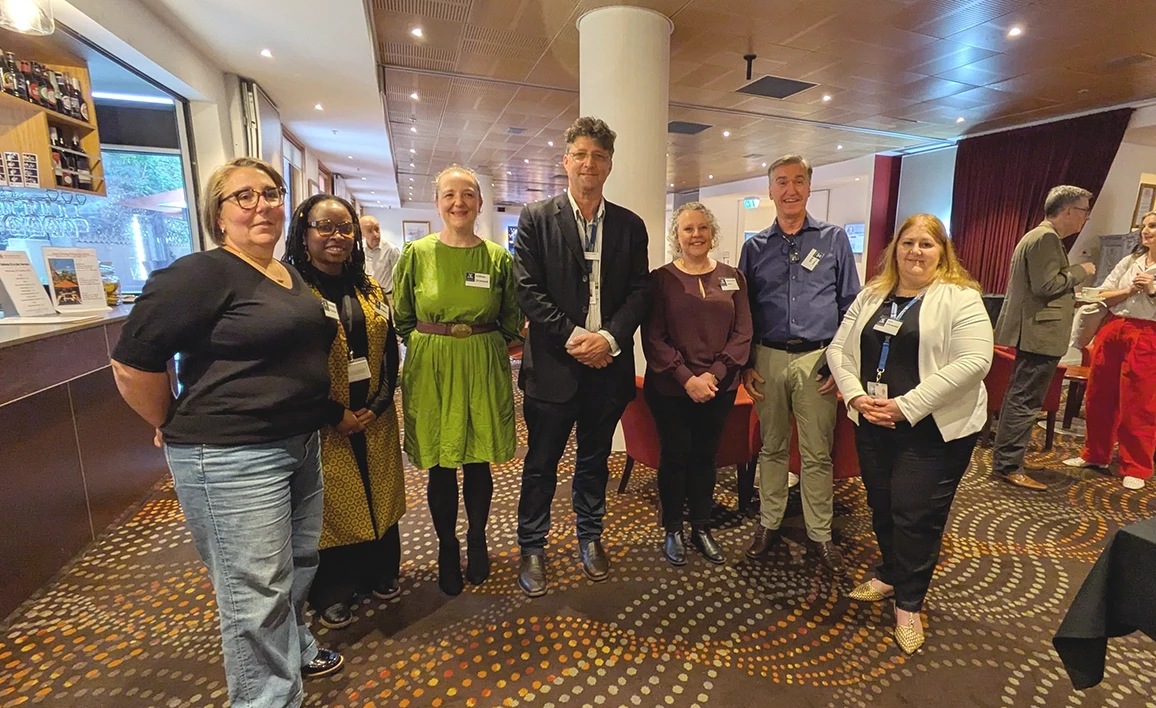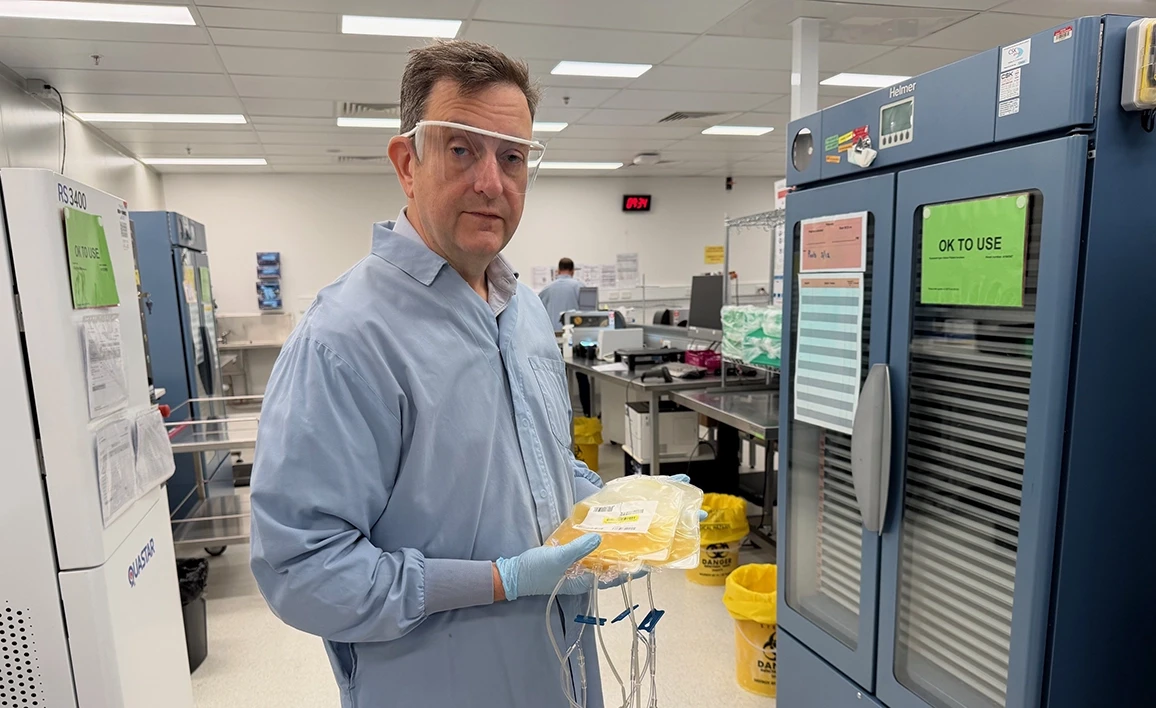
Clinical trial network members met to share successes and challenges, highlighting the importance of research co-ordinators in safe, high-quality research.
Leaders from major Australian and New Zealand clinical trial networks were welcomed by Professor David Story on 22 October for the annual Department of Critical Care Connections meeting at The University of Melbourne.
The opening session featured representatives from various clinical trial networks, including Associate Professor Stuart Marshall from the ANZCA Professional Practice Research Network (PPRN); Ms Samantha Bates (Australia and New Zealand Intensive Care Society (ANZICS)) representing intensive care medicine research; Dr Elyssia Bourke from the Australian College of Emergency Medicine (ACEM) representing emergency research; Professor Andrew Davidson from the ANZCA Clinical Trials Network (ANZCA CTN), and; Professor Franz Babl from the Paediatric Research in Emergency Departments International Collaborative (PREDICT) representing paediatric acute care research. Each reflected on their networks’ achievements, challenges, and the shared attributes that drive success.
A common strength across all networks was the role of annual scientific meetings in fostering collaboration, innovation, and trial development. Speakers highlighted the importance of global partnerships, multidisciplinary collaboration, consumer engagement, and embracing new methodology, for example, adaptive platform trial designs. Translating research into practice and embedding implementation science were also seen as essential to improving patient outcomes.
Associate Professor Marshall shared the work of the PPRN in research in human factors, curriculum design, psychological safety in operating theatres, and First Nations and Māori research. He also noted that qualitative researchers face unique challenges navigating ethics review processes designed for quantitative studies.
Funding and sustainability emerged as key challenges. Many networks rely heavily on in-kind support from investigators, trial managers, research co-ordinators and hospital sites. Maintaining a skilled research co-ordinator workforce, navigating complex governance, and securing infrastructure support were recurring concerns.
Professor Davidson described research co-ordinators as “paramount to the success of every clinical trials network. Without them, trials simply would not happen.” He noted that the ANZCA CTN, widely regarded as the gold standard for anaesthesia research, benefits from the ANZCA Foundation funding for both exploratory projects and infrastructure support for the network. This support has been vital to the network’s success and sustainability.
The second half of the session focused on workforce development and sustainability, featuring a panel of research managers and statisticians. Professor Story highlighted that the ANZCA CTN supports its research co-ordinators through the Anaesthesia Research Co-ordinators Network (ARCN) Sub-committee, a formal college sub-committee that recognises this highly skilled professional group.
Funding and sustainability remained central themes, with Ms Sofia Sidiropoulos noting that per-patient payments rarely cover true costs, grant budgets often underestimate salaries, and trial delivery costs rise over time, placing strain on research teams.
With Australian health services now being accredited for the conduct of clinical trials under the National Clinical Trials Governance Framework developed by the Australian Commission on Safety and Quality in Health Care (ACSQHC), Ms Samantha Bates highlighted the importance of research co-ordinators in ensuring research is conducted safely, efficiently, and to a high standard. She also noted that the Clinical Research Nurse: Australian Standards for Practice, published by the Australian College of Nursing, provides a valuable framework to support business cases for establishing and sustaining research co-ordinator positions.
Professor Julie Simpson also discussed initiatives such as The University of Melbourne’s Methods and Implementation Support for Clinical and Health research Hub (MISCH) platform, which offers subscription-based access to statistical expertise for grant applications and study design, helping clinicians and academics build their research capability.
Participants agreed that both universities and hospitals share responsibility for investing in research co-ordinators and core infrastructure. Clearer messaging around the value proposition and return on investment of clinical research, including its impact on patient care and health systems, was considered essential.
The ANZCA CTN toolkit, now available online, includes practical templates and a business case that highlight the role and value of research co-ordinators. These resources help departments advocate for funding and recognise the specialist skills research co-ordinators bring to clinical research.
The session concluded with an opportunity for members of different clinical trial networks to connect, share ideas, and explore future collaborations.
Banner image: (L–R) Ms Natasha Pearson, Dr Violet Mukaro, Ms Gillian Ormond, Professor David Story, Ms Samantha Bates, Professor Franz Babl and Ms Sofia Sidiropoulos.




